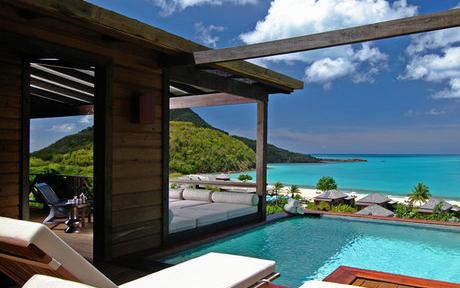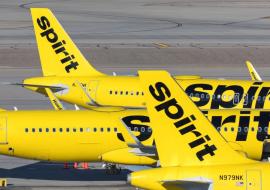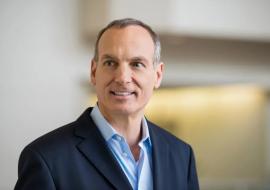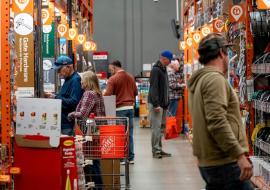Hotel Investor Says Development Plans Remain Strong in Antigua

A major hotel investor said despite having reservations about the upcoming winter tourist season, he still intends to continue with planned developments.
“It’s not a rosy picture, but it’s not a gloomy picture either,” said Rob Barrett, chairman of Elite Island Resorts, which operates St James’ Club, Galley Bay Resort and The Verandah Resort. “We are in purgatory. We’re not in heaven and we’re not in hell.”
He said bookings at the various hotels he operates indicate that the tourist season is not yet “solid.
“It is still questionable as to what type of tourist season (it will be). Forward bookings are reasonable but not strong,” Barrett said.
“It’s all last minute. It’s not like the old days when everybody books the winter six months in advance. My hotels are half empty for January.”
The hotelier said his resorts have to offer up to 40 to 50 per cent off room rates to attract customers. That move appears to have worked somewhat, as Barrett claims occupancy rates are up two or three percentage points.
“But our costs are up 5 to 7 per cent. I think you would find most hotels are in the same financial condition they were a year ago and some worse off,” he said.
“My utility cost is almost as much as my payroll. It cost me almost $300,000 a year just for transportation for my employees to and from St James’,” he added.
Barrett said global conditions were to be blamed for the pressures on the tourism industry and that he did not see much that government could do to help the situation.
“How you going bring down the cost in Antigua without cutting your expenses?” he asked. “It would mean cutting government employment and cutting entitlements. I don’t know if I was the government I would do that.”
Barrett was not optimistic that conditions would return to golden days in the near future.
“I think we are going to be in great trying times for years to come. I don’t care who is in charge of the politics,” he said.
When asked about the prudence of starting a new project during such trying economic times, Barrett said he is not the kind of person to be easily dissuaded.
“My whole background is to continue to develop and I develop whether it is in good times or bad times. I always feel where there is a will there is a way,” he said.
It was revealed in the Budget Presentation earlier this week that Barrett would be spearheading a new development called the Honeymoon Beach Project, which will start in 2013. It will reportedly employ 150 permanent and temporary workers and will be constructed over a period of 18 months.
The project at Pearns Point, will include a five-star boutique hotel, freehold-managed condominiums, residential lots, a spa and health club, and a casino.
The developers will open the Pearns Point residences in three phases, according to the finance minister.
“Construction on the first phase of the project is scheduled to begin during the first quarter of 2013 and will be undertaken over a 24-month period,” Minister of Finance Harold Lovell said.
The total estimated cost of the project is US $253 million.
Despite Barrett’s poor expectations for the ongoing winter season, the finance minister presented data, which indicated that tourism performance has improved for the first three quarters of the year so far.
“Antigua & Barbuda, over the period January to October 2012, showed improvement, as overall stay-over arrivals increased by 2.5 per cent,” Lovell said. “Total visitor arrivals from Europe up to October 2012 dipped slightly by 2.2 per cent notwithstanding a 2.1 per cent increase in arrivals from France.”
Arrivals from North America increased as the US market grew by more than 12 per cent and the Canadian market by about half of one per cent.
“The improvement in arrivals reflects some recovery in economic conditions and increased airlift from these countries. On the other hand, the intra-Caribbean market decreased by 6.7 per cent as the region continues to deal with its own economic challenges,” Lovell added.
Arrivals from South America and Central America increased by 4.8 per cent and 7.2 per cent respectively.














